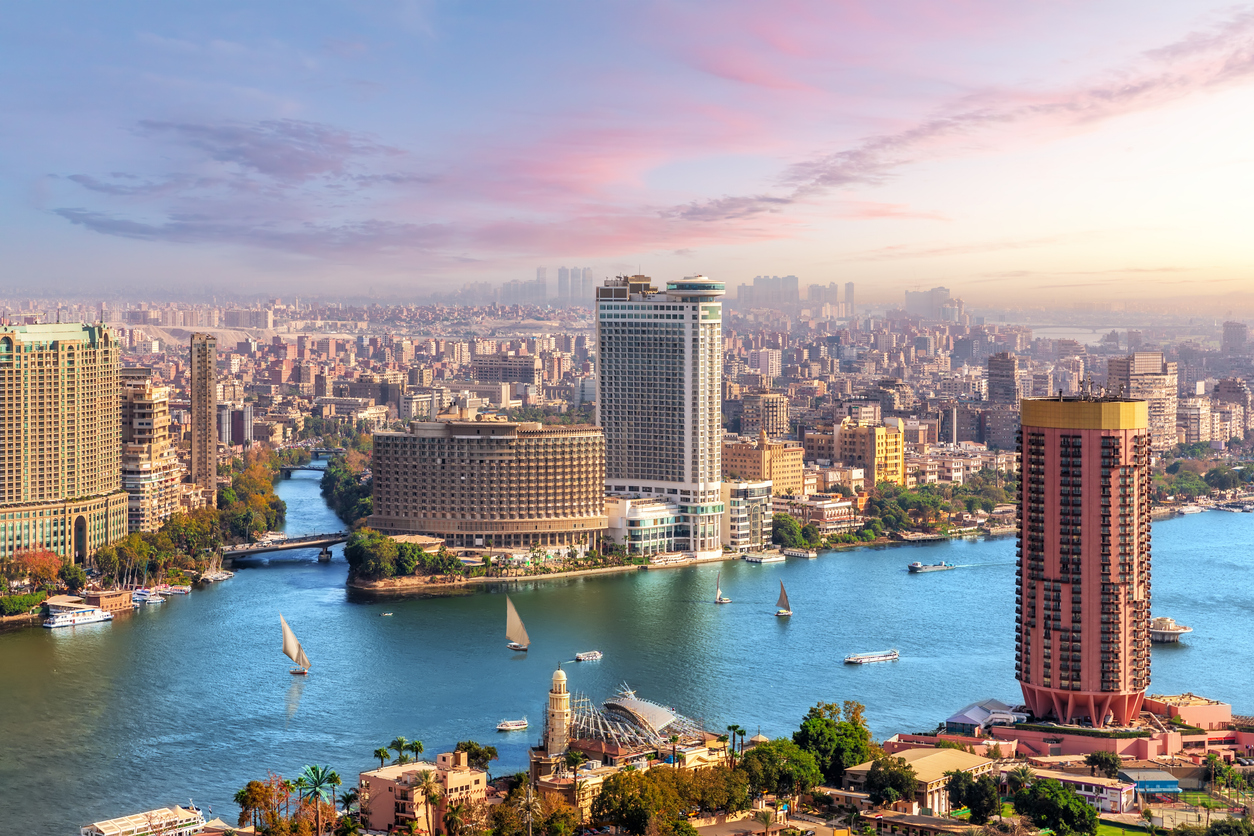Intellectual property rights play an important role in the Saudi economy especially with the technology and entertainment revolution in recent years. Such revolution has lead the government of Saudi Arabia to enter into international treaties and enact laws to protect intellectual property rights including Copyrights, Patents, Trademarks, Integrated Circuit Rights, Plant Variety Rights, Industrial Designs, etc.
Intellectual Property Protection under Saudi Arabian Laws
On 3 March 2017, the Saudi Council of Ministers approved the establishment of a governmental body responsible for regulating, supporting, developing, protecting, enforcing, and upgrading the intellectual property rights in Saudi Arabia under the name of the Saudi Arabian Intellectual Property Authority (SAIP) by Cabinet Resolution No. (410), dated 28/06/1438H.
Copyrights
By virtue of Copyright Regulations issued by Royal Decree No M/41, a copyright grants the author the exclusive right to accept or reject the use of his creative work by others such as audio, visual, literary, or artistic work, limited to a specific period. The protection period of creative works for an author would be during his lifetime and for 50 years after the author’s death or the death of the last surviving author for joint works.
In case the author is a corporate entity, the protection period shall be for 50 years from the date of first publication, first performance, or show of audio-visual works, films, collective works, audio recordings, performers, and computer programs.
As for broadcasting organizations, the protection period shall be 20 years from the date of the first transmission of programs or broadcast materials.
According to the Copyright Regulations, infringers of a valid copyright are subject to a fine of up to SAR 250,000 in the case of first-time offenders, which can be raised to SAR 500,000 for repeated infringement.
Trademarks
On the other hand, trademarks are governed by the Trademarks Regulation issued by Royal Decree No M/21 dated 8 August 2002, and its Implementing Rules.
Registration of a trademark shall be through SAIP which applies the Nice Classification in accordance with the Agreement Concerning the International Classification of Goods and Services for the Purposes of the Registration of Marks of 1957. The registration allows the owner of a trademark the protection for ten years from the date of application, renewable for similar periods.
A trademark can be licensed, pledged or transferred by the rightful owner. The trademark may be deleted or cancelled if it is not used for five consecutive years. According to the Trademarks Regulation, penalties for infringement of a valid trademark include imprisonment for a period of not more than one year and a fine of not less than SAR 50,000 up to SAR one million.
SAIP has now been entrusted to protect and enforce intellectual property rights, and the Commercial Courts preside over infringement related disputes.
Patents
Patents in Saudi are governed by (i) the GCC Patents of Inventions Regulation of 2001 which permits the registration of patents with effect throughout the GCC countries, and (ii) Royal Decree No M/27 of 17 July 2005 and its Implementing Rules. These regulations give effect to the Paris Convention for the Protection of Industrial Property under Saudi Arabian domestic law.
To protect a patent in Saudi Arabia, the patent holder or applicant must file an application with a regional office, such as the Saudi Arabian Patent Office, or the GCC Patent Office. The protection document is the personal right of the owner which may be transferred or assigned or licensed to others. Protection is granted to the owner for a duration of twenty years for an invention, ten years for an industrial design and a layout design of an integrated circuit, and twenty to twenty-five years for a new plant variety.
This article, together with any commentary, does not constitute legal advice. It is provided solely for information purposes on a complimentary basis, without consideration of any specific objectives, circumstances, or facts. It reflects then current views of the writer which may modify in time and based on differing objectives, circumstances, or facts. Access to this article does not form any attorney- client relationship.

What’s new? Kuwait Minister of Commerce and Industry issued on 30 October 2025 Ministerial Decision No. 182 of 2025 (the “Decision”), published in the Official Gazette on 9 November 2025 and effective from its date of issuance (30 October 2025), prohibiting all cash transactions when concluding contracts or executing transactions… Read more

For a host of reasons, a bank may decide to carve out part of its business in one or more markets without fully exiting them. These reasons include offloading non-core assets and slashing/reducing regulatory compliance burdens. This may be a result of a global strategic review or a market-specific exercise.… Read more

In 2020, Kuwait issued a robust Bankruptcy Law (71/2020) which comprehensively revoked all provisions relating to the imprisonment of debtors. On 30 March 2025, about five years later, Kuwait reversed course and reinstated debtors’ prison as a means to enforce civil and commercial debts. The new amendments to the Civil… Read more

On 19 January 2025, a Decree Law was published in official gazette Kuwaiti AlYoum amending Article 441 of the Civil Law No 67/1980. Previously, article 441 provided that “1- In the event of denial, a claim for taxes and fees due to the state shall not be heard after the… Read more

This note provides an overview of the key points concerning the applicability and implementation of the recently issued Tax Decree Law No. 157 of 2024 (the law) on Multinational Entities (MNEs) Group Tax. The law aims to align Kuwait’s tax system with international standards under the OECD’s Pillar Two framework… Read more

On August 6, 2024, the Saudi Arabian government introduced amendments to the Labor Law issued by Royal Decree No. (M/51) dated 23/8/1426 AH, as amended. These changes aim to improve working conditions, clarify employer obligations, and enhance worker rights. The revisions include amendments to thirty-eight articles, deletion of seven articles,… Read more